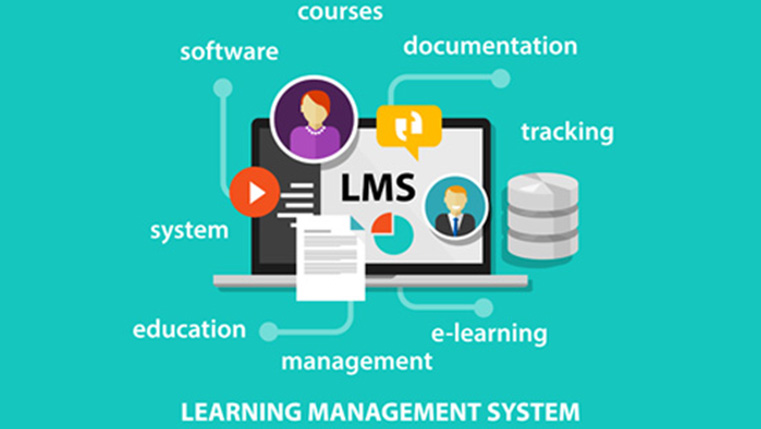10 Foolproof Ways to Ensure Reliable LMS Reporting [Infographic]
![10 Foolproof Ways to Ensure Reliable LMS Reporting [Infographic] 10 Foolproof Ways to Ensure Reliable LMS Reporting [Infographic]](https://blog.commlabindia.com/hubfs/blogs/lms-reporting-error-free-ways-info.jpg)
LMS reporting is like a progress tracker. It's a go-to tool for understanding how well the training efforts are paying off. These reports give you the inside scoop on everything from how engaged learners are to whether they're really grasping the material and helping you fine-tune your training approach and ensure everyone's getting the most out of their learning journey.
What is LMS Reporting?
LMS reporting involves gathering and analyzing data in your Learning Management System. Essentially, it enables you to track the progress of training activities, interpret their implications, and identify opportunities for enhancement. In essence, LMS reports provide insights into whether your training initiatives are effectively yielding outcomes.
How Can LMS Reporting Boost Your Training?
- LMS reporting allows you to track the performance of learners, courses, and overall training programs.
- It provides insights through data analysis, helping you understand learner engagement, progress, and areas for improvement.
- LMS reporting helps monitor compliance with training requirements and regulatory standards.
- By analyzing LMS reports, you can optimize resources by identifying popular or high-performing courses, and areas of training that need enhancement.
- The data provided by LMS reporting aids in making informed decisions about training strategies, content updates, and resource allocation.
- Reporting holds stakeholders accountable by providing transparency into training activities and outcomes.
→ Download Now: Understanding the Extended Enterprise LMS [eBook]
What are the Reporting Options in an Effective LMS?
Compliance Reports
Compliance reports offer detailed insights into an organization's adherence to regulatory standards and training requirements. By providing visibility into compliance status, these reports ensure that organizations remain in line with industry regulations, minimizing the risk of non-compliance issues.
Overall Course Reports
Course registration, progress, and completion reports enable administrators to track learner participation and performance throughout the training. These allow to identify areas for improvement and intervention when necessary.
Individual Competency Patterns
Individual competency pattern analysis allows for personalized learning by examining each learner's strengths and areas for improvement. This way, organizations can tailor training plans to address individual learning needs, leading to more effective skill development and performance improvement.
Pre-configured Dashboards
Pre-configured dashboards offer convenient at-a-glance views of key training metrics and trends. These dashboards provide stakeholders with actionable insights into training effectiveness, learner engagement, and overall performance, empowering them to make informed decisions.
Learner Content Usage Data
Learner content usage data provides valuable information on how learners interact with training materials. By analyzing content usage patterns, organizations can refine content delivery methods, optimize engagement strategies, and enhance the overall learning experience for their learners.
How to Guarantee Reliable LMS Reports Every Time?
Let LMS Reporting Be Your Guide
As you navigate the complex terrain of evaluating learners and the effectiveness of your training programs, remember that LMS reporting is your reliable companion, offering insights and guidance every step of the way. Through the utilization of data-driven metrics, you have the ability to make informed choices, refine your approaches, and propel achievement within your training initiatives, one metric at a time.
Ready to dive deeper into the world of LMS? Download our eBook to gain practical insights, draw inspiration from real-world instances, and implement effective strategies to encourage ongoing learning among various stakeholder communities with extended learning enterprise.







